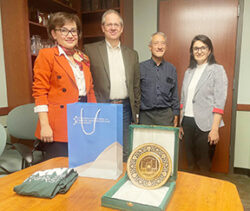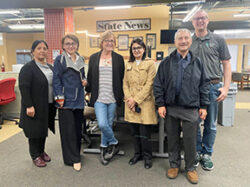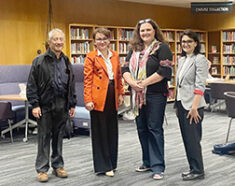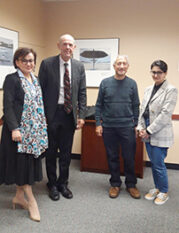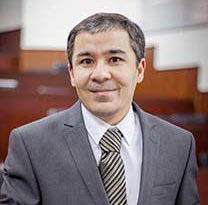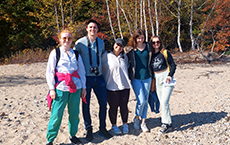
Environmental reporting students on the beach at Lakeport State Park
Students in Knight Center director Eric Freedman’s Environmental Reporting class spent a day in Port Huron, Michigan, to explore transborder U.S.-Canadian environmental problems, including the continuing cleanup of a toxic hot spot and the threat of invasive species.
Such problems – along with extreme weather events, air and water pollution, climate warming, wildfires and the like – pay no attention to national borders or political jurisdictions.
The St. Clair River separates Port Huron from Sarnia, Ontario. Both cities are on Lake Huron.

Learning about native plants along the Blue Water River Walk
The recent field visit, supported by a grant from MSU’s Canadian Studies Center, began with a 1-mile hike along the Blue Water River Walk led by Shari Faust and Lynnea McFadden of the Friends of the St. Clair River.
Running for about 40 miles, the river connects Lake Huron with Lake St. Clair. Continue reading

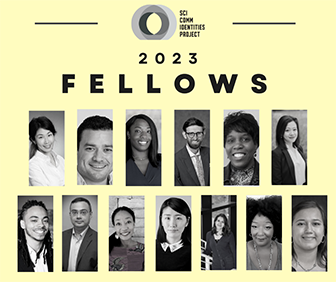 The University of Rhode Island’s
The University of Rhode Island’s 